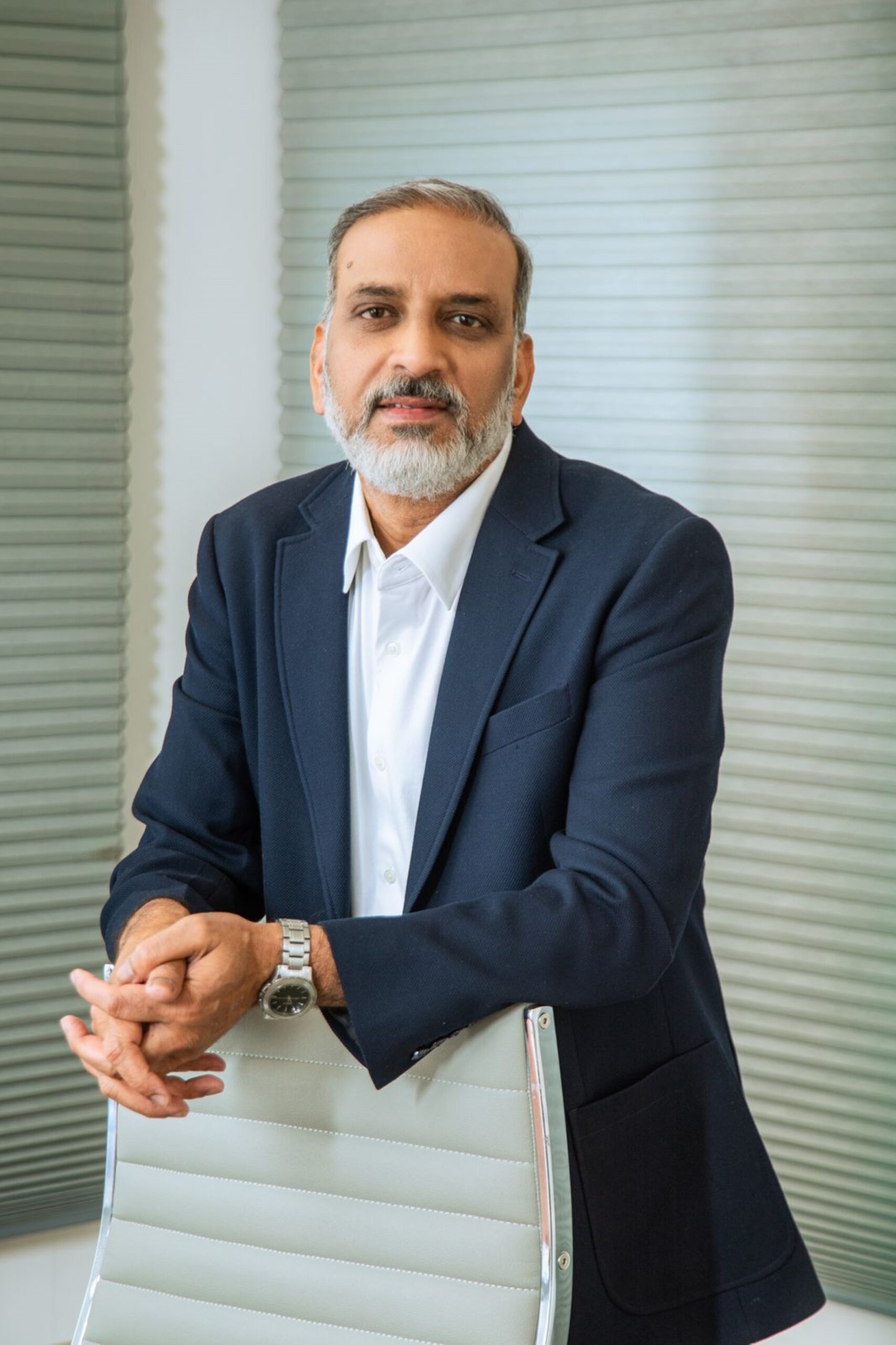In the early 1990s, Woodland stepped into the Indian market with a bold vision—to redefine outdoor gear and footwear for a growing base of adventure-seeking Indians. Originating under the umbrella of the Aero Group, the brand quickly captured attention with its tough, trail-ready boots and apparel. Over the years, Woodland has evolved from a niche outdoor brand into a powerful lifestyle player with a loyal customer base across India and international markets.
“We built Woodland around the idea of resilience and adventure, but it’s also a brand that’s learning to speak the language of today’s youth, sustainability, and technology,” says Anil Sunkara, CEO of Woodland.
Shifting Gears to Engage Gen Z and Millennials

Today, Woodland is increasingly focused on younger audiences, especially Gen Z and Millennials. The brand’s transition is being driven by hybrid product designs that balance rugged outdoor use with everyday urban style, and by embracing digital and influencer-led marketing strategies.
“We’re making Woodland more relatable for younger consumers—through content that promotes the outdoor lifestyle and products that blend fashion with function,” notes Sunkara. Gender-neutral collections are also gaining traction, with trekking sandals and neutral sneakers designed to appeal to all customers, regardless of gender.
Product Innovation for India
Woodland’s product line has matured in line with the demand for comfort and sustainability. New technologies such as memory foam insoles, anti-microbial linings, lightweight waterproof boots, and sandals with all-terrain grip are now part of its collections.
“Comfort is no longer a luxury; it’s a baseline expectation. We’ve tailored our products with breathable materials, arch support, and cushioning to reflect that,” says Sunkara.
While smart footwear is still in its experimental phase for Woodland, the brand has already worked on prototypes with trekking sensors. Additionally, 3D modeling is being used to create samples, reducing lead time and minimising material waste.
D2C Strategy & Seasonal Adaptability
Woodland has made strong strides in the direct-to-consumer (D2C) space, with a revamped online store offering a wider selection and faster feedback loops. This channel helps the brand test new designs and gather real-time insights.
Pricing remains value-focused, especially for utility-heavy products, while more technical offerings command a premium. Sunkara adds, “We believe in a value-for-use pricing model. We don’t compete on discounts—we compete on purpose and performance.”
Seasonal sales spikes are most prominent during festivals, summer travel months, and winter trekking season, which shape the brand’s inventory and marketing plans.
Eco-Conscious Footprint and Global Presence
Woodland’s Pro-Planet Collection, crafted with eco-friendly materials, is resonating particularly well with younger, urban buyers. The brand also plans to deepen influencer collaborations in travel and sustainability spaces.
“Eco-consciousness is no longer niche—it’s a necessity, and we’re aligning our product development and messaging with that expectation,” explains Sunkara.
Beyond India, Woodland is flying the ‘Made in India’ flag high across global markets. Its products are available in UAE, Saudi Arabia, Oman, Bahrain, Qatar, Kuwait, South Africa, Nepal, Bangladesh, Bhutan, and Southeast Asia, capitalising on a global interest in Indian craftsmanship and outdoor fashion.
Compliance, Quality & Consumer Trust
Woodland has long adhered to stringent internal quality protocols, but with the BIS (Bureau of Indian Standards) certification now mandatory, its QC systems have become even more robust.
“BIS has improved industry-wide product standards, and we’re already seeing increased customer trust—especially in Tier 2 and Tier 3 markets where the ISI mark is being actively sought out,” says Sunkara.
In parallel, Woodland has begun offering QR-coded shoe care tutorials and partnered with German chemical care brands to develop custom care kits—underscoring its commitment to long-term product value and consumer education.



